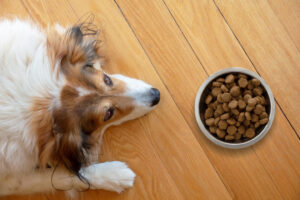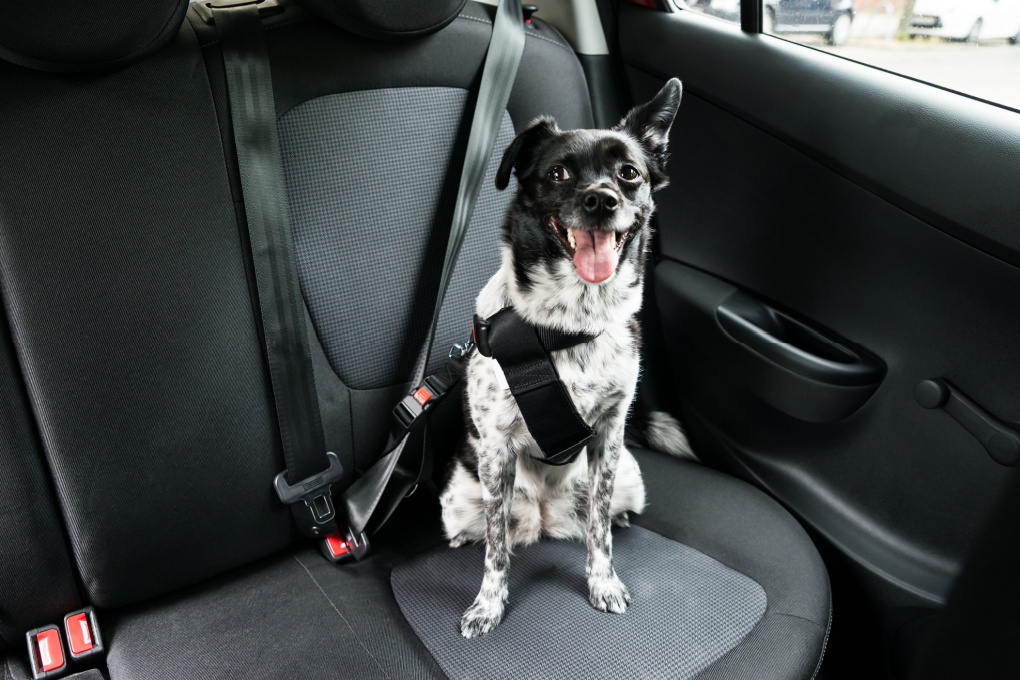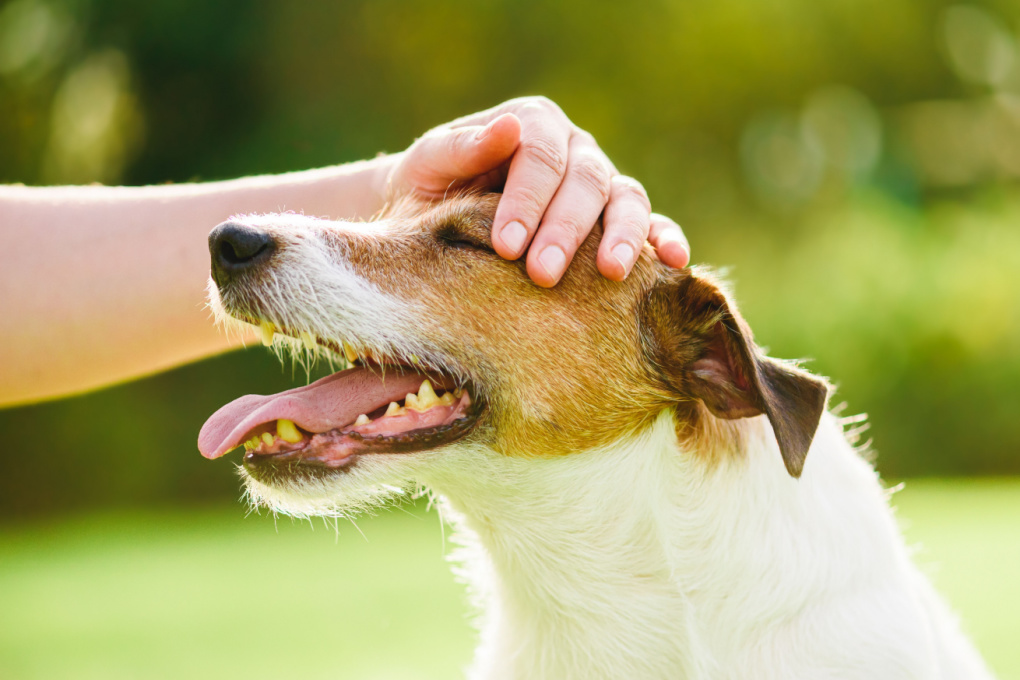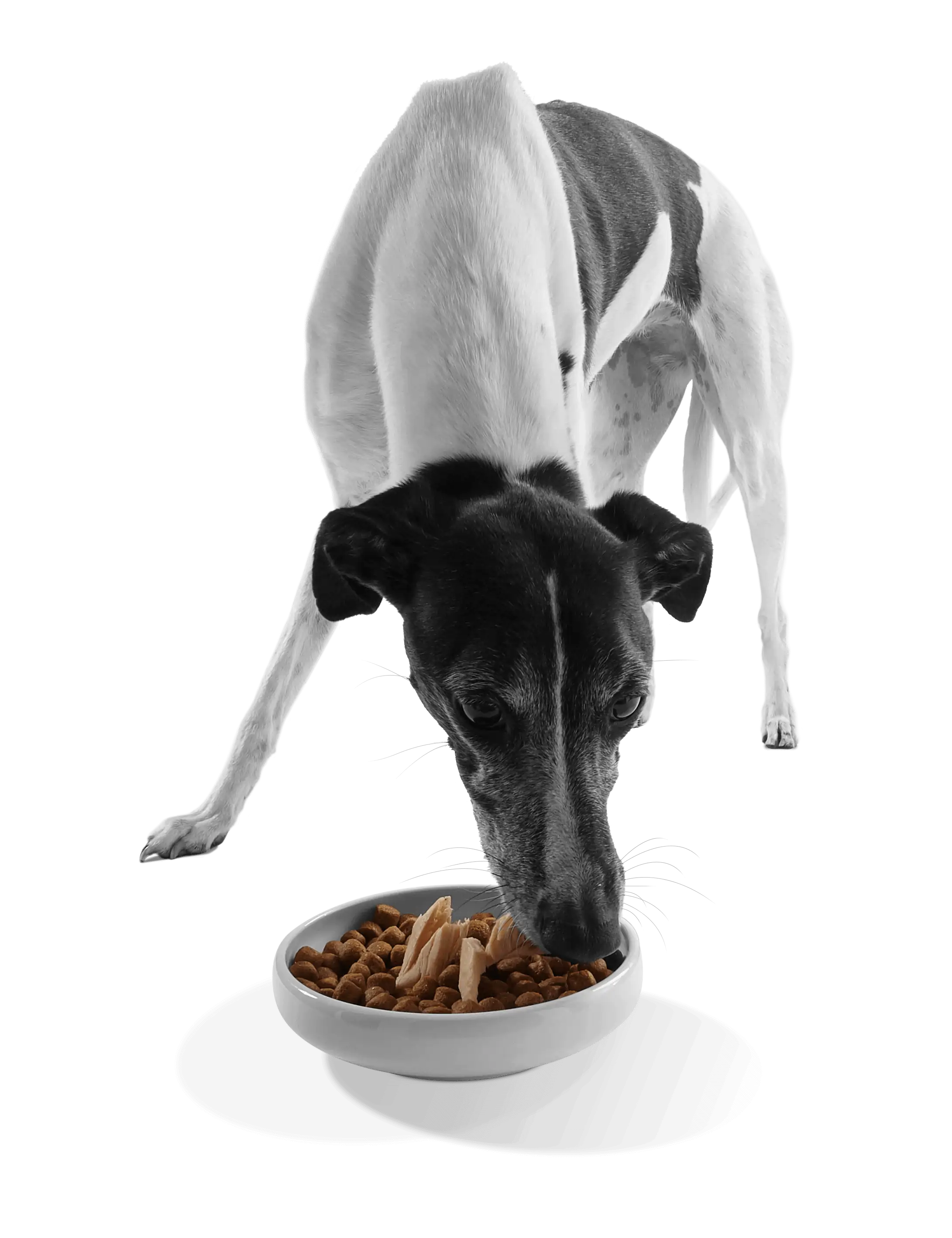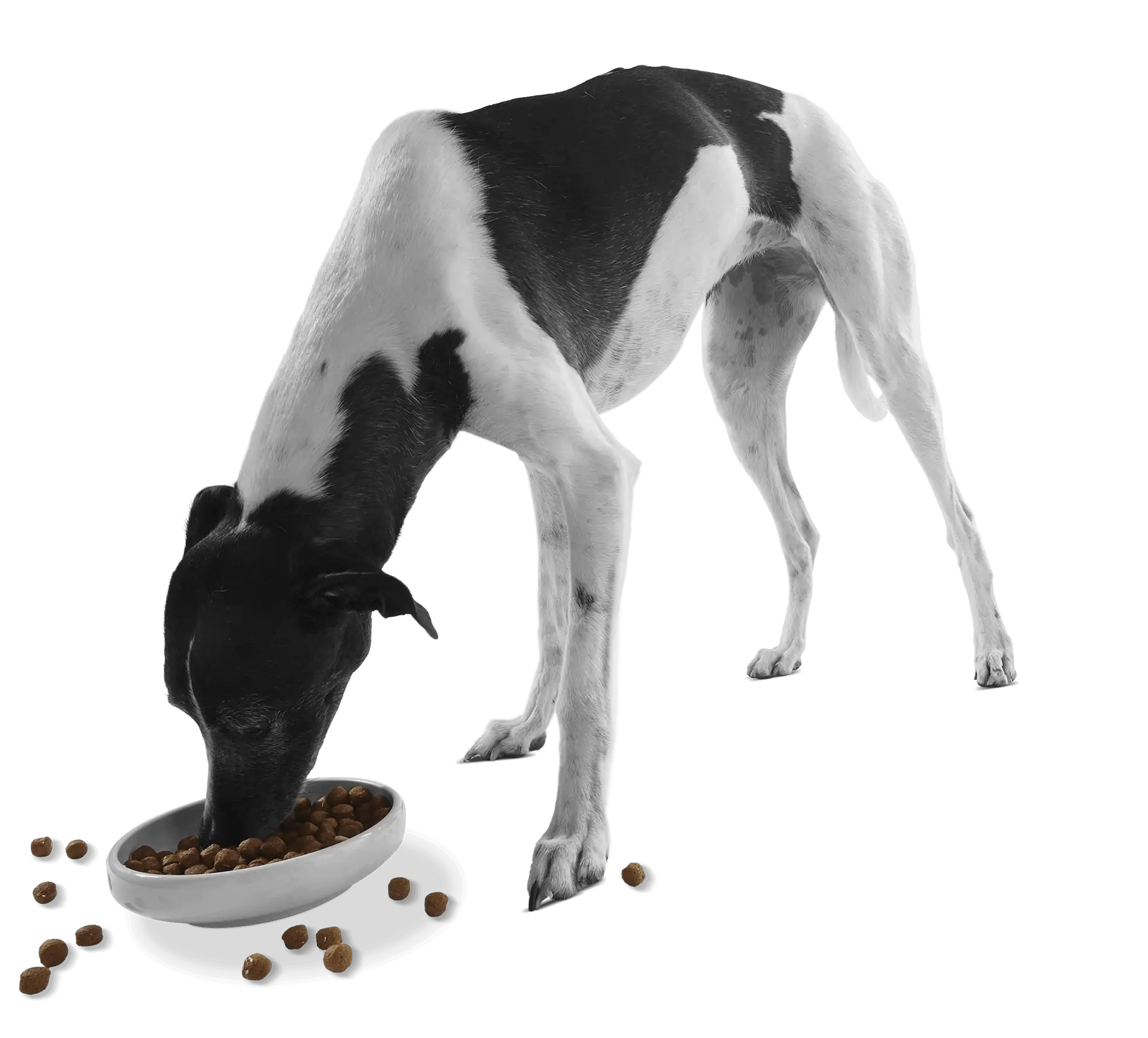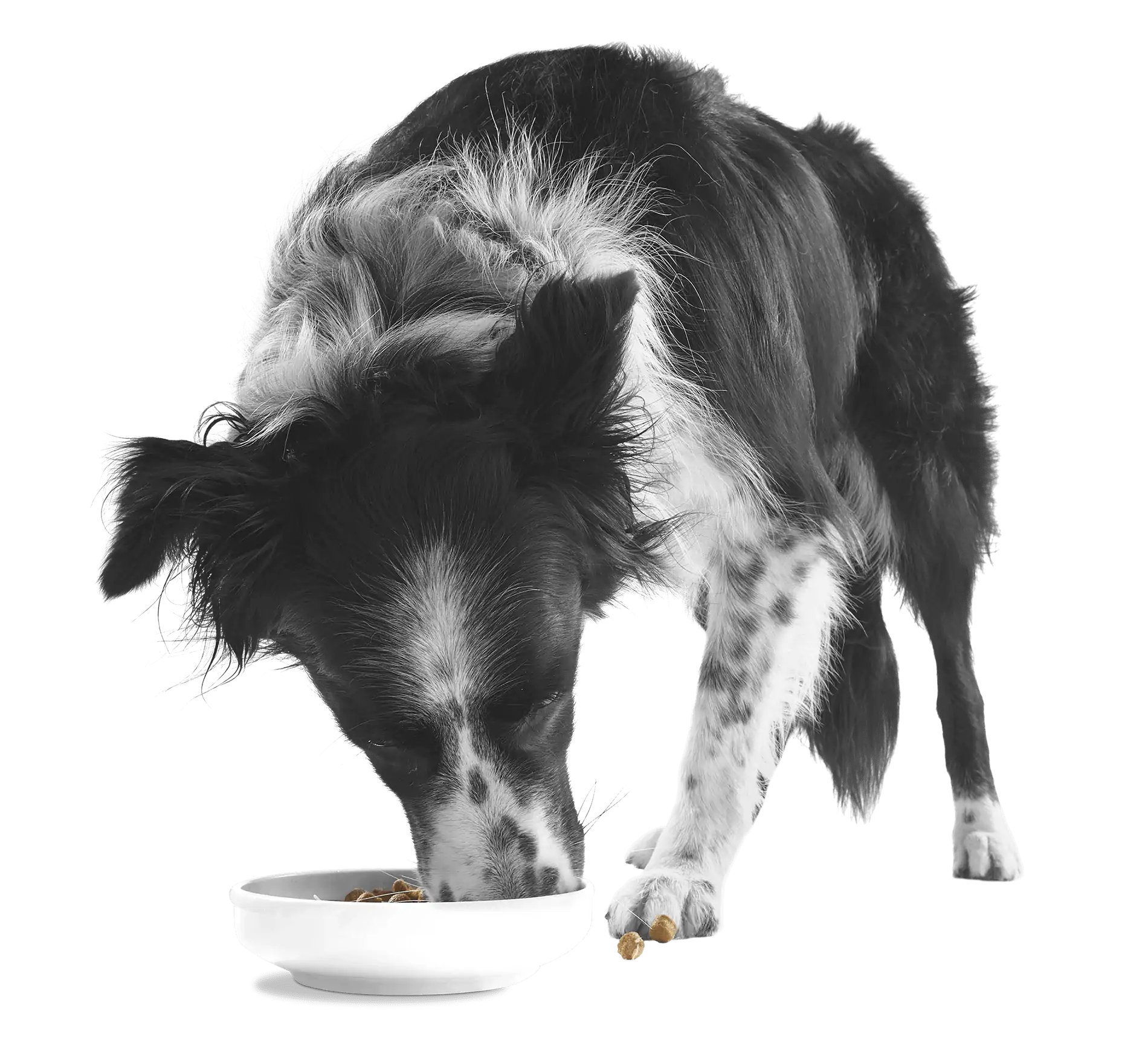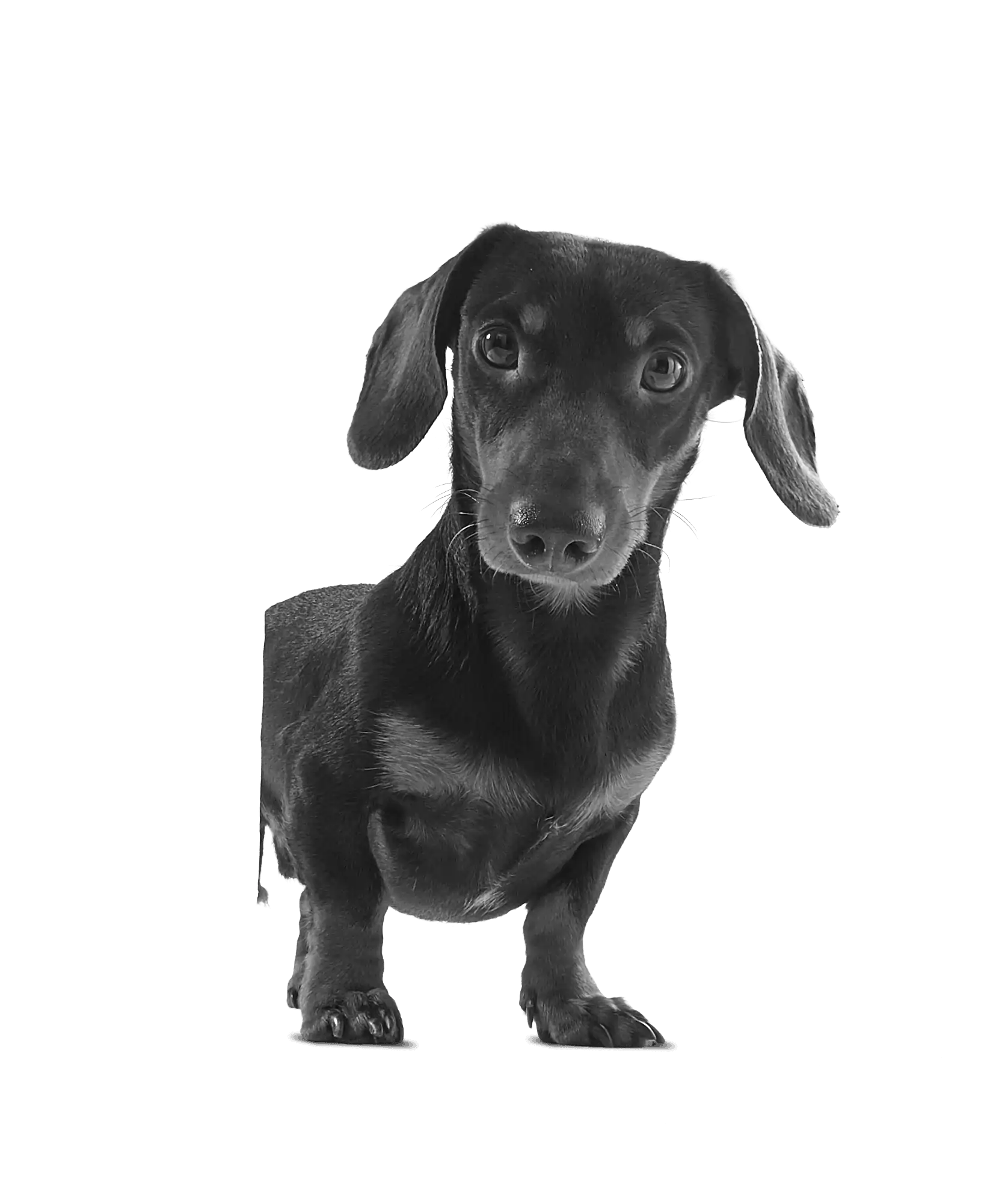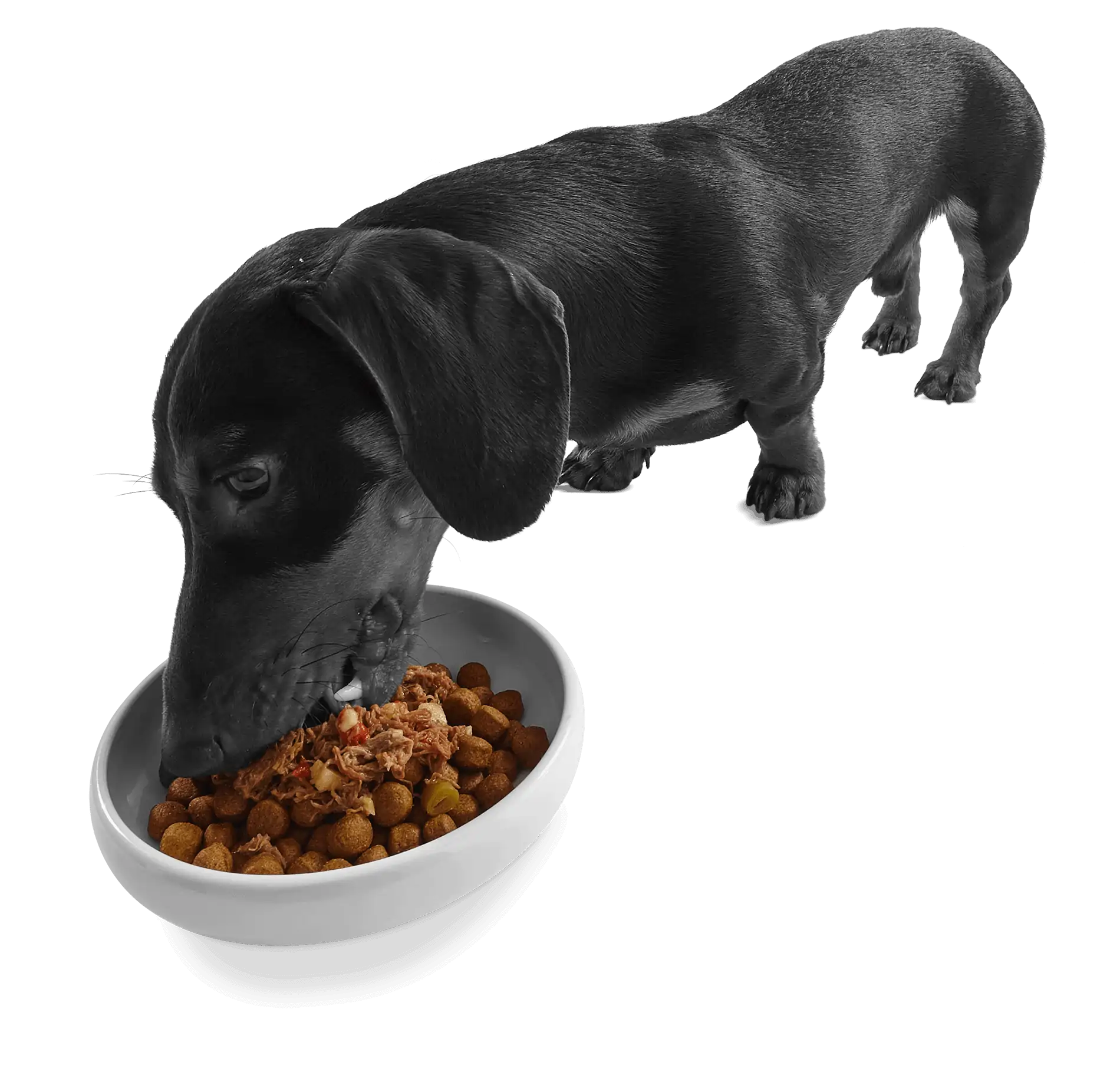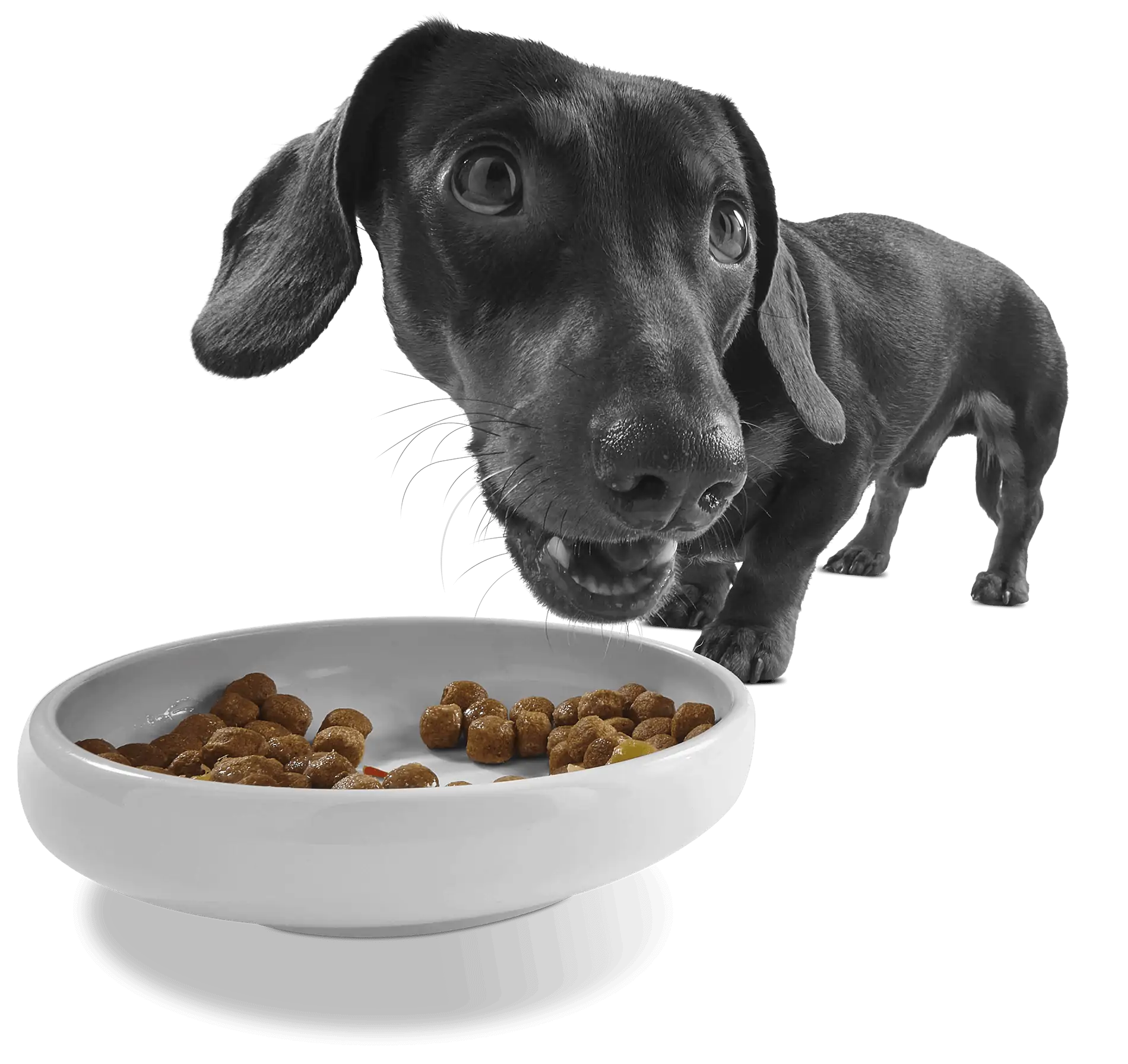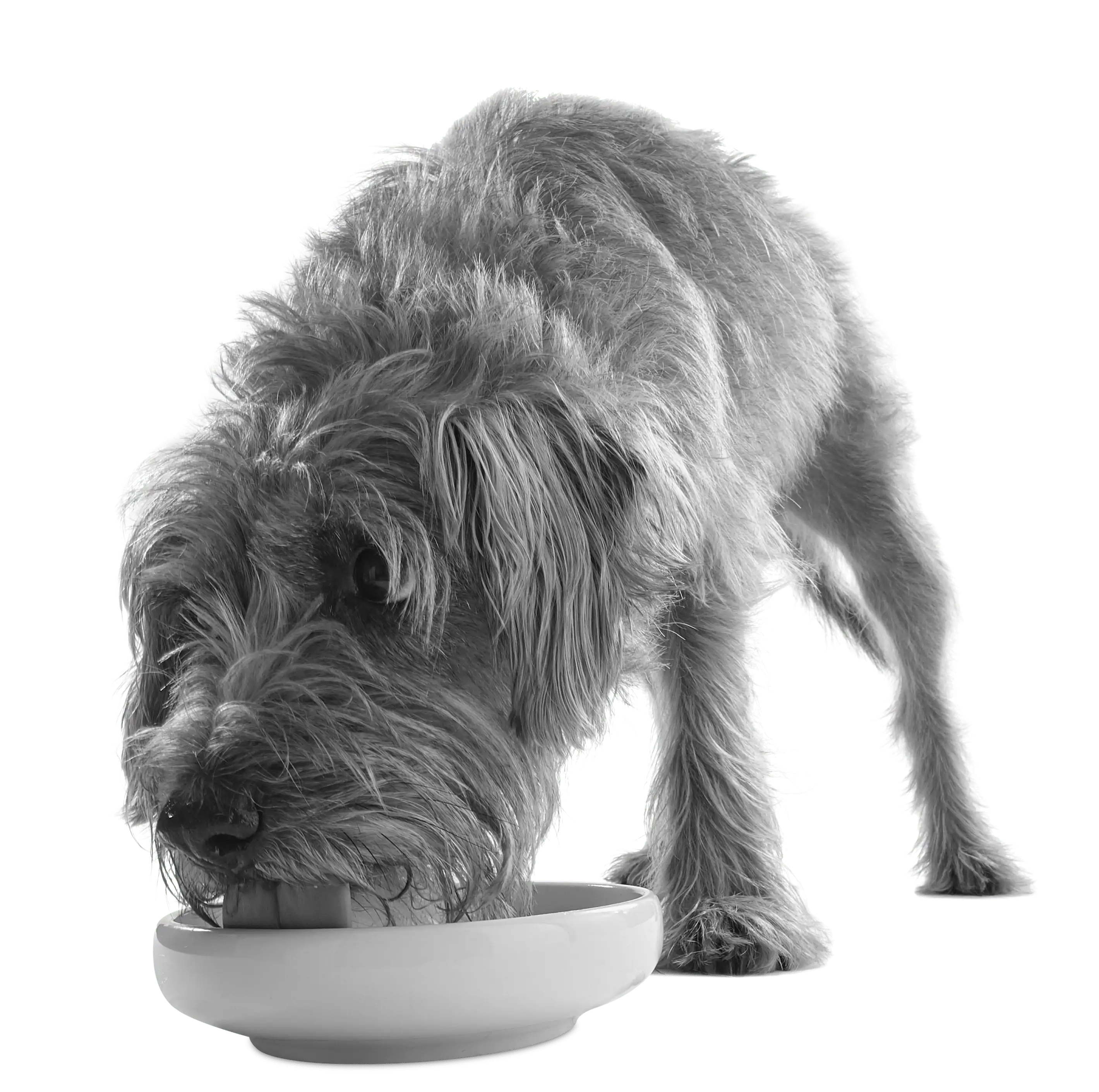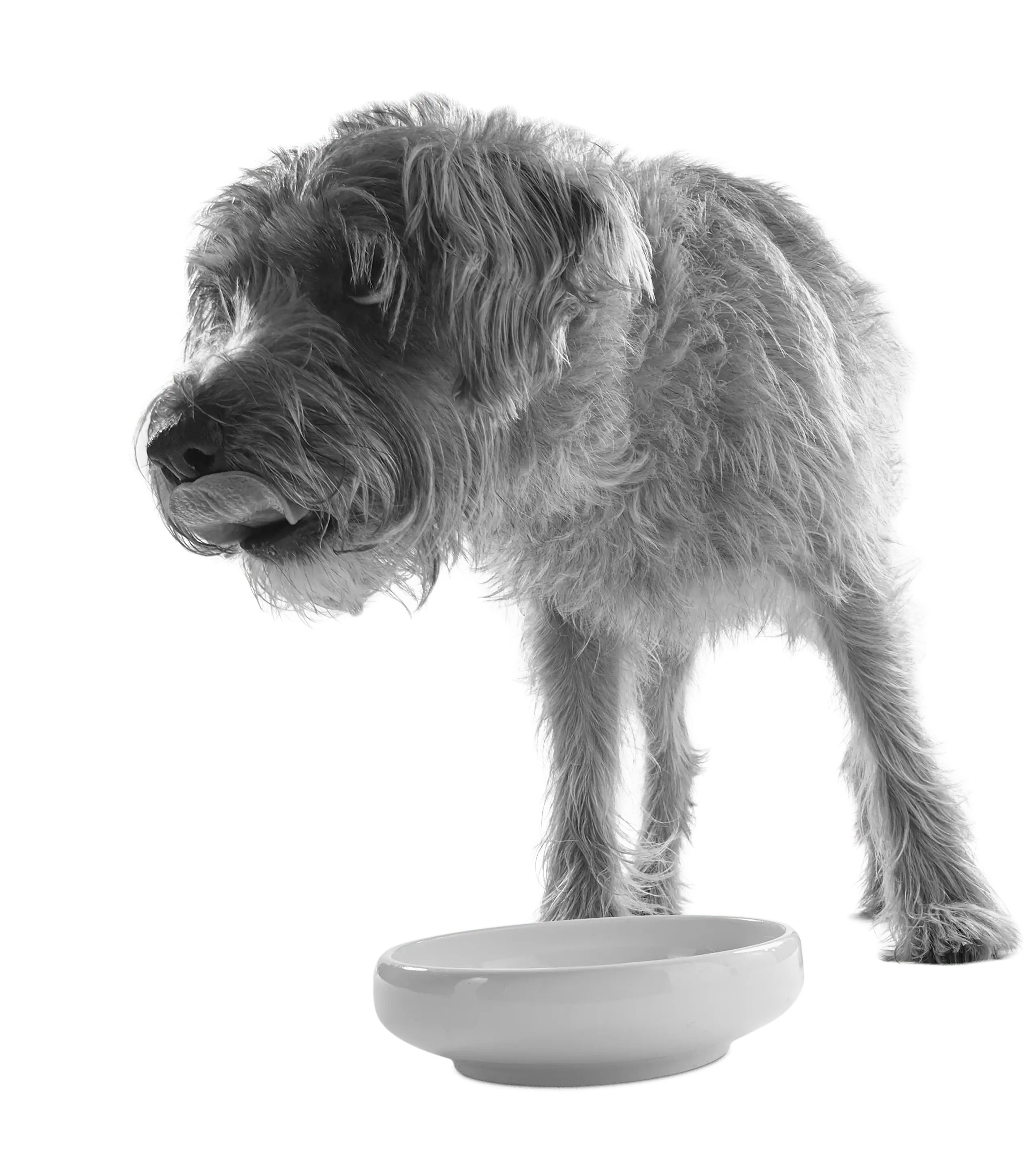If you’ve got finicky fur babies then feeding time can leave you feeling frustrated.
Puppies might give the impression that they’ll eat absolutely anything and everything, but even our most famished four-legged friends can be fussy with their food.
Most pet parents will likely have experienced the moment that their over-exuberant barkers excitedly bounce at the sound of their meal being prepared, only to be met with a disapproving look as they turn their nose up to what is being served.
You’d be forgiven for thinking that they’re expecting you to rustle up a three-course gourmet feast, but there are reasons as to why your canine is being choosy with their cuisine.
Why would a puppy be fussy about their food?
It’s unlikely that your beautiful bundle of fur came into this world as a fussy eater, so there is more than likely an explanation as to why they’re not tucking in at tea time.
If their behaviour persists, and they’re enduring prolonged spells without sustenance, then it is probably best to have them checked out by a vet, who will be able to help you rule out anything more serious or sinister.
If it’s not an illness, oral/dental issue, allergy, or any other underlying health concern that’s causing their loss of appetite, then a ‘trial and error’ approach will be the way to go.
Dogs might have gotten a taste for the scraps that their human companions have been sneaking under the table, they might be secret snackers, a family member could be tempting them with treats, or the flavour/texture of the contents in their bowl might simply be too bland.
How to prompt your fussy puppy to eat their food
- Plenty of praise: Be sure to provide your pup with plenty of positive reinforcement when they’re eating what they’re supposed to be eating at mealtimes. This will encourage them to repeat this ‘good behaviour’ in the future.
- Limit treats/snacks: Once they’ve had a snack, they’ll never go back! Once dogs get a taste for human treats they can be reluctant to revert back to their blander, less exotic offering. Also, limit treats for training purposes as too much too often can ruin their appetite.
- Freshen up their food: Eating the same meals every day must get quite mundane. The repetitiveness will hardly get the juices flowing. Try adding a little bit of water to moisten their main course, give it a little bit of heat to release its aromas, or choose from Applaws’ extensive menu of high-quality wet foods to give their fare some va va voom.
- Be persistent: Perseverance is an important part of the process for pet parents. No matter how difficult or challenging it might become, it’s essential to stick to your guns in order to make a breakthrough. They say familiarity breeds contempt but, in this case, familiarity breeds temptation.
- Switching flavour/brand: Sometimes you might just not make any kind of headway with your stubborn little sidekick. If this is the case then it might be time to switch up your approach completely. Check out the Applaws website for inspiration, with a range of mouth-watering textures, flavours and combinations on offer.
My dog has recently become a picky eater – should I be worried?
There are a number of contravening factors that can influence and impact your puppy’s eating habits.
If your precious pup has suddenly become a picky eater, it doesn’t necessarily mean that there’s a particular problem.
Dogs can sometimes go off their food for absolutely no reason at all, just as their human housemates can.
However, if their behaviour is completely out of the blue, and completely out of character, then it is worth investigating.
The reasoning might be nothing to worry about, but it’s best to get an expert opinion from a professional to rule out any underlying medical issues and give you some peace of mind.
Always seek veterinary help if you’re unsure and if your dog’s health, happiness and wellbeing is in question.
If a vet can determine that the cause isn’t an illness, oral/dental issue, allergy, or any other medical problem, then you can start considering some of the aforementioned possibilities.
Observation is key
Your puppy’s niches and nuances can often be something and nothing and, in many instances, can even be self-diagnosed and remedied.
Change doesn’t necessarily hold negative connotations, it might be a cry for attention, or a method of communicating a message.
However, if this peculiar pattern persists, and their hunger strike worsens, then it is vital to get your pet checked out.
If you have any concerns for their health or welfare at all then contact a veterinarian immediately.
For further reading, see:




